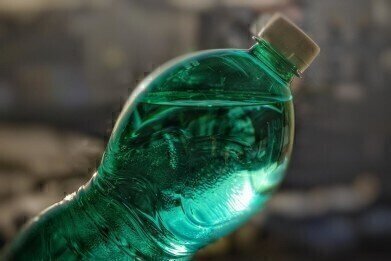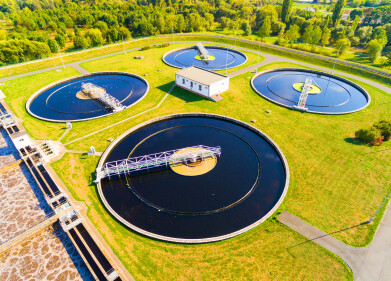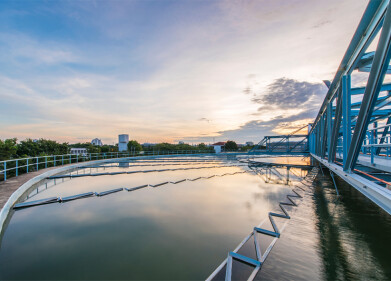Water/Wastewater
Does Bottled Water Change Over Time?
Sep 16 2022
In the UK, we are blessed with public water infrastructure which delivers healthy drinking water directly to our homes via the taps in our kitchen and bathrooms. Nonetheless, many people prefer to buy bottled water and store it in their houses, rather than drawing it directly from the source. This is largely due to the marketing campaigns of bottled water producers, which claim their product is healthier than tap water.
While that latter point is certainly debatable, those who buy bottled water may have noticed that there is invariably an expiry or best before date stamped on the side, base or cap of the bottle. Does this mean that the water changes in quality over time? Is it safe to drink after the fact? And how can you prolong its shelf life for as long as possible? We’ll investigate these questions and more below.
Strong staying power
Although all bottles carry an expiration date on them, this is often a question of governmental legislation rather than strict medical guidance. Even if you consume water that has passed its ostensible expiry date by days, weeks or even months, it should still be safe to do so. That’s because the water itself does not go off or go bad.
However, you may notice that it loses its quality somewhat, having a more stale taste than a fresh bottle. If the seal has been opened, the water may also absorb contaminants from the atmosphere surrounding it, while this can even occur in sealed bottles due to the porous nature of plastic. As such, it’s a good idea to keep bottled water away from cleaning agents, chemicals or other toxic substances.
Plastic the problem
Having said that, drinking water from a bottle is not always entirely safe after the prescribed time. That’s because the plastic itself and the chemicals from which it is made can leach into the water, especially if the bottle is exposed to heat or light. Microplastic pollution is a particularly common problem in bottled water samples, with the latest techniques in sample analysis revealing that it’s a rampant issue.
Meanwhile, chemicals such as bisphenol A (BPA) and phthalates can be released into the water over time. Although research is still ongoing into their full impacts on the human body, they are known endocrine disruptors. This means they can interfere with the fertility and reproductive systems of both sexes, as well as contributing to a variety of other health complications and complaints.
How to safeguard your water for as long as possible
Since heat and light are the main catalysts in the contamination of bottled water, storing your bottles in a cool, dry and dark cupboard is the best method of prolonging their shelf life. However, even this precaution is not an infallible one, so consuming the water within the timeframe indicated on the bottle is a better strategy.
Moreover, you could forego the bottle altogether and source your water directly from the tap. Thanks to the progress of modern science, innovative online water quality monitoring is commonplace in drinking water networks, which guarantees a level of healthiness that is not always present in bottled water. Storing tap water in stainless steel or glass vessels, with an airtight cap, is also advisable if you wish to draw it from the tap and take it with you.
Digital Edition
IET 34.2 March 2024
April 2024
Gas Detection - Biogas batch fermentation system for laboratory use with automatic gas analysis in real time Water/Wastewater - Upcycling sensors for sustainable nature management - Prist...
View all digital editions
Events
Apr 30 2024 Melbourne, Australia
Apr 30 2024 Birmingham, UK
May 03 2024 Seoul, South Korea
May 05 2024 Seville, Spain
May 06 2024 Minneapolis, MN, USA


















